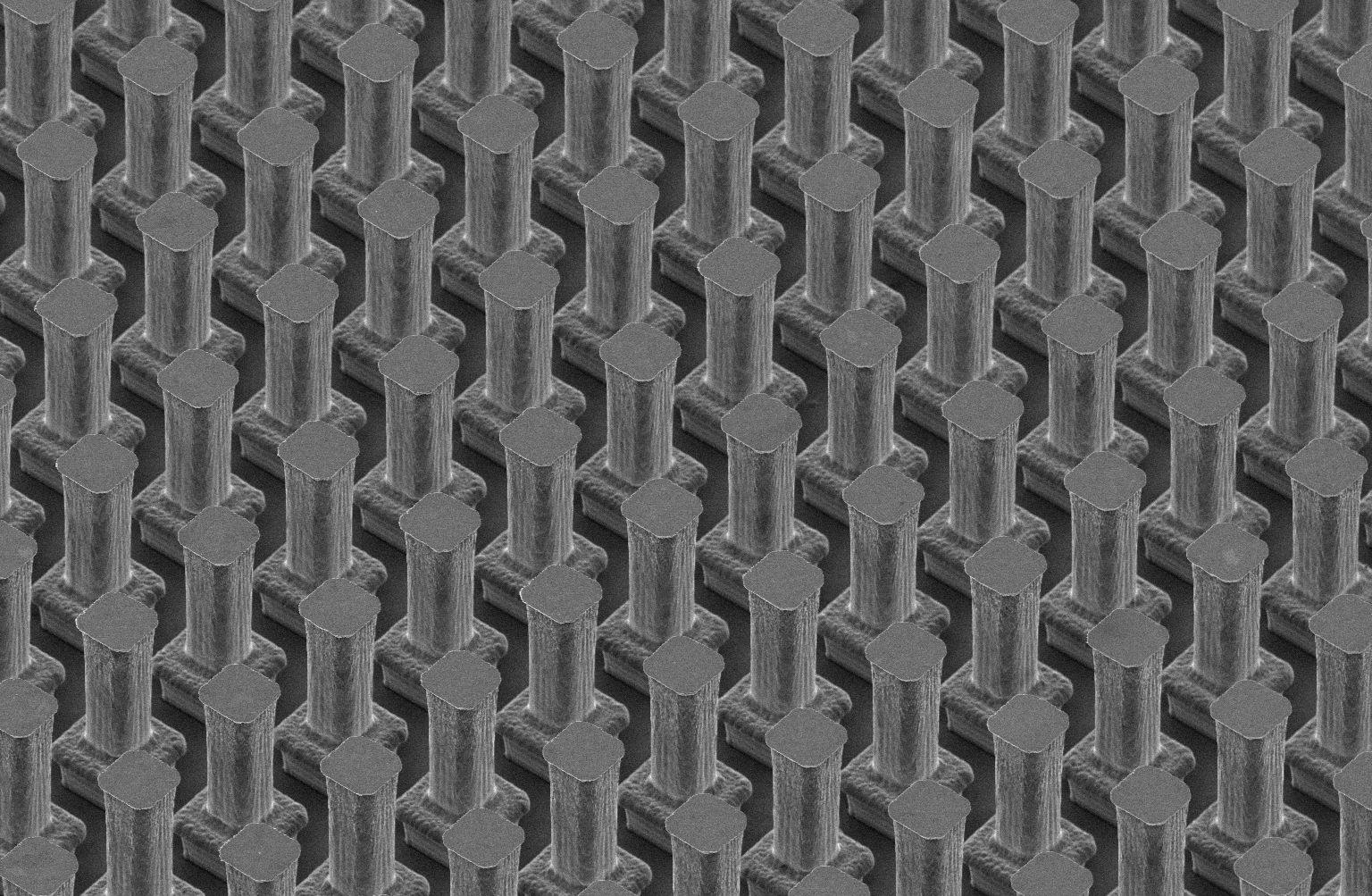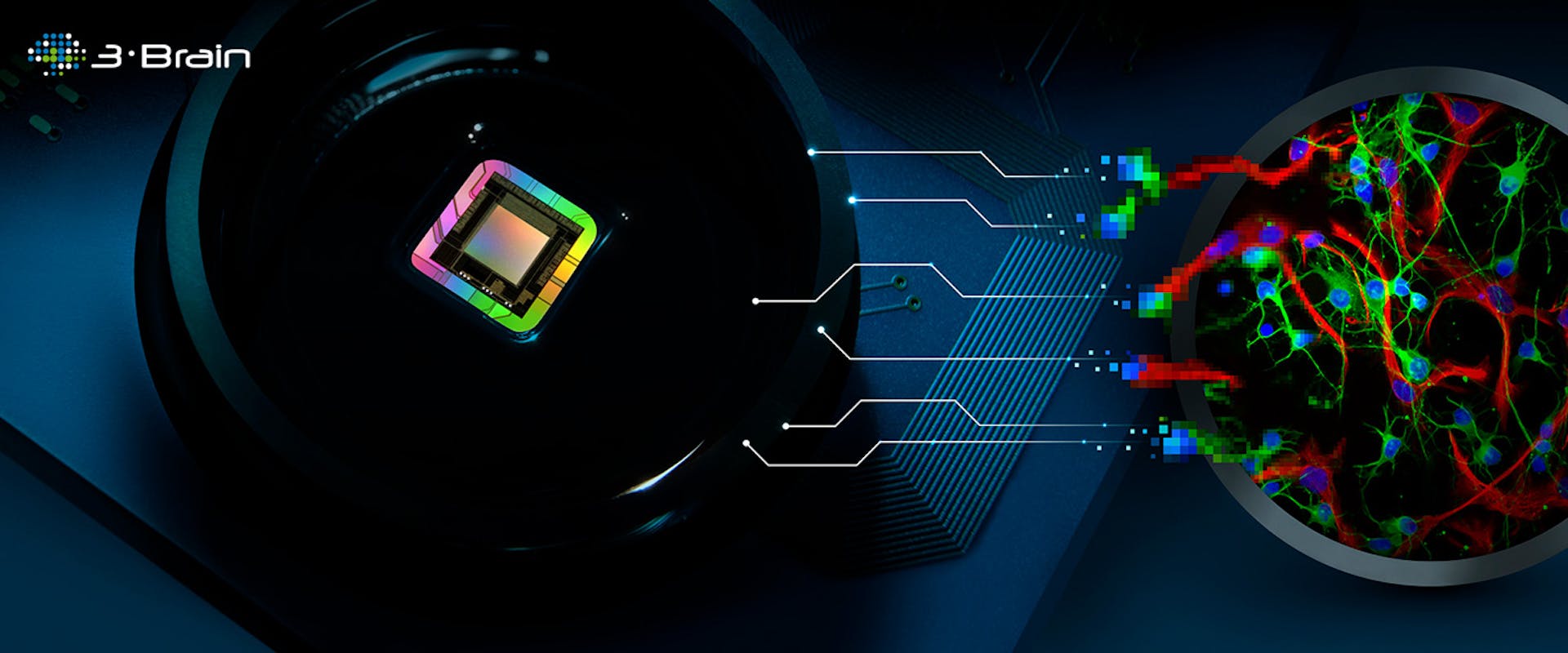
Improving disease understanding and drug development success
Named Khíron, the new application-specific integrated circuit (ASIC) provides a high density MEA specifically targeting intra-tissue measurement of a 3D structure in vitro models by integrating a micro-needle for each electrode for in vitro penetration of brain tissue. It also includes a microfluidic structure at the base of the chip for fluidic exchange even from the bottom layers, unlike most conventional MEA devices.
"The Khíron chip gives neuroscientists the tool they have been waiting for to solve their problems and acquire the information they want from 3D in vitro models" says Dr Gandolfo. "I think it will have a big impact in disease modeling for Alzheimer's and Parkinson's and also in the study of conditions like epilepsy and autism."
3Brain will present Khíron at the SfN Society for Neuroscience annual meeting 2018 (3-7 Nov). The company will introduce its innovation to the market in 2019, initially targeting laboratories and universities interested in undertaking validation studies. It will then be integrated into the next generation of its products for the pharmaceutical and biotechnology sectors. 3Brain expects its new technology to double sales in two years.
